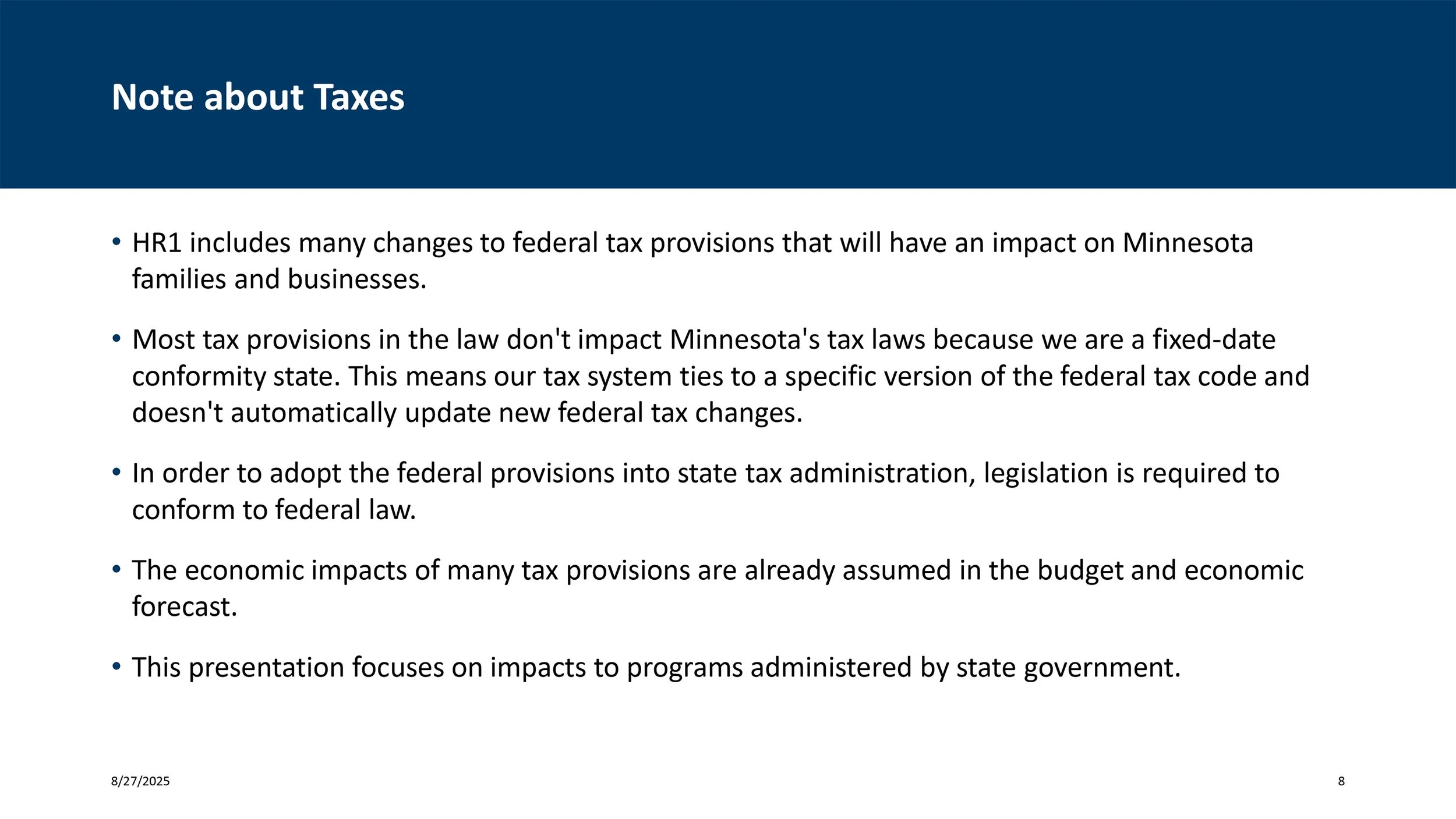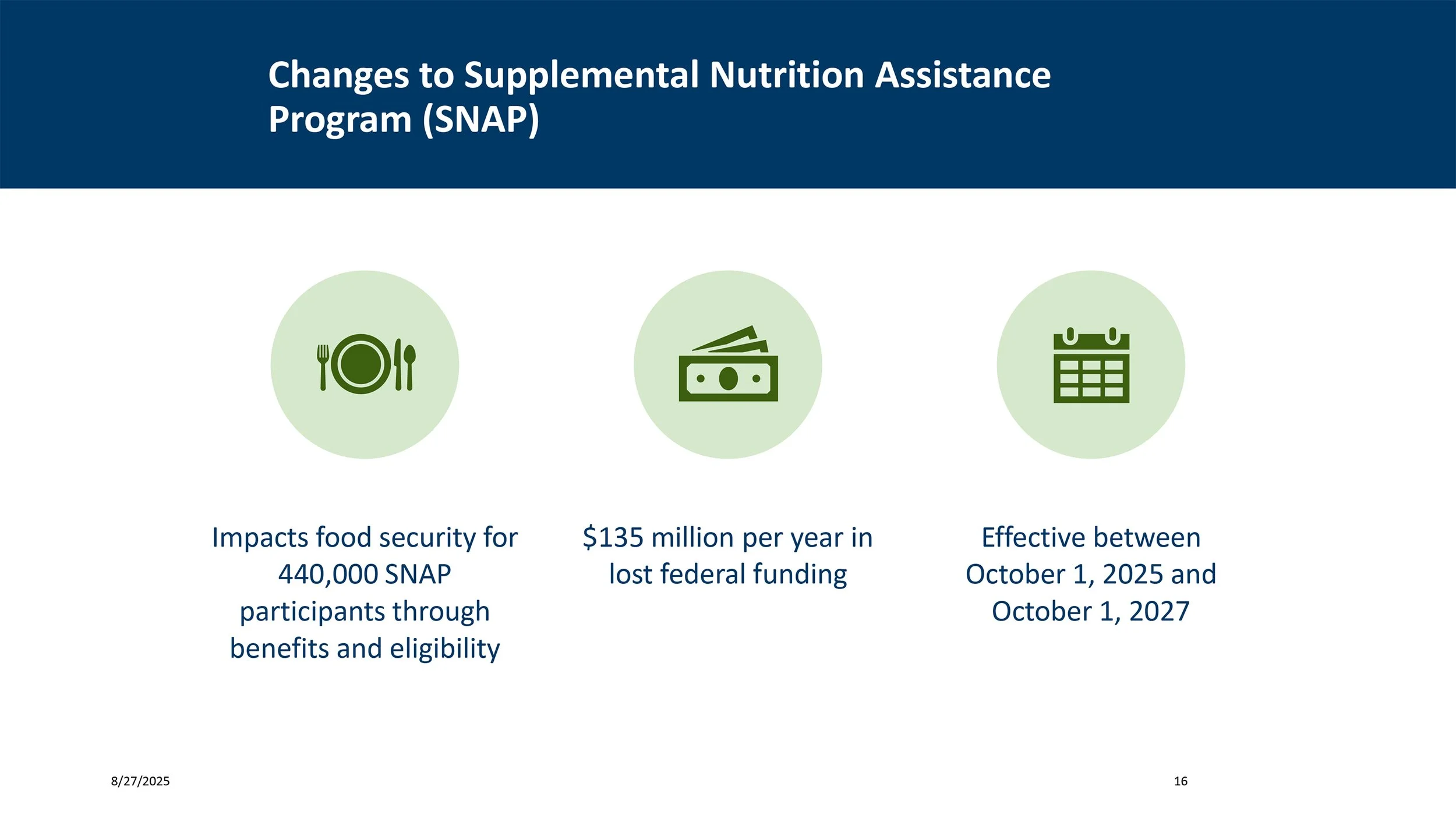How will federal funding cuts affect you? Here are possible impacts
State Sen. Bobby Joe Champion, right, Rep. Esther Agbaje and Rep. Fue Lee fielded questions during last week’s District 59 town hall meeting. Photo by David Pierini
By David Pierini, Editor
President Donald Trump’s so-called “Big Beautiful Bill” made it out of Congress on Republican votes. But its impacts will get ugly for a lot of Minnesotans regardless of how they voted.
That was the message last Thursday during a town hall meeting hosted by District 59 lawmakers, Sen. Bobby Joe Champion, Rep. Fue Lee and Rep. Esther Agbaje. The Northside contingent called the meeting because constituents have been asking when they will see deep cuts to federal spending, particularly in areas such as Medicare, private health insurance, nutrition, and clean energy.
Minnesota’s Management and Budget Office issued a report that outlines and offers best guesses, and during the meeting, Champion gave the floor to Senate colleagues who work on related committees. Agencies have yet to receive clarification and guidance, especially implementation dates and changes to eligibility and funding. Some rules won’t be implemented until fiscal year 2029.
“I brought a lot of numbers tonight, but I think I am going to skip them,” said Sen. Nick Frentz, who represents Mankato. “Let’s go back to square one. This money comes from your tax dollars, and Minnesota sends hundreds of millions of dollars to Washington, D.C., more than they send back to us. If you’re household makes more than $400,000 a year, God bless you. I know you love your children just as much as the rest of us, this bill cuts the taxes over a trillion dollars for those families. This is coming right out of your pocketbook, so if you don’t remember anything else, remember you are sending more money to Washington D.C., and (the federal government) is going to cut the money they send back to you.”
You can ponder the numbers in the report below.
In a nutshell, Minnesota will receive more than a billion dollars less in federal funding, hundreds of thousands of residents will see changes in health care coverage and food support, and expect energy prices to increase year after year.
“One of the things you’re going to know is that Minnesota is going to have to backfill the losses,” Champion said. “We will not have enough money to backfill all the losses. There are a lot of moving variables, and we don’t know the depths of the cuts yet. But an election can change things, right?”
























